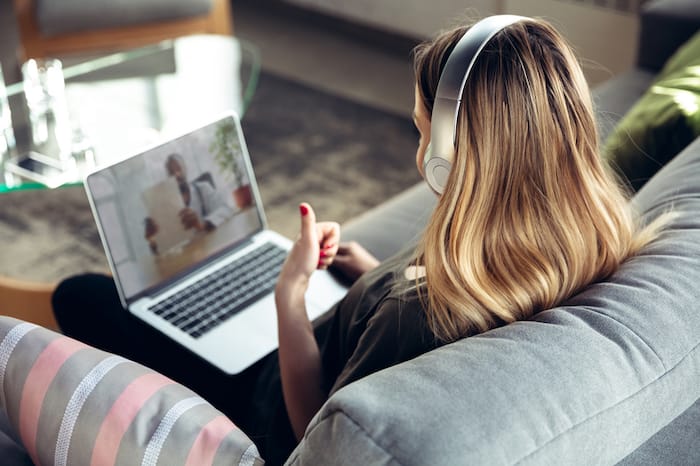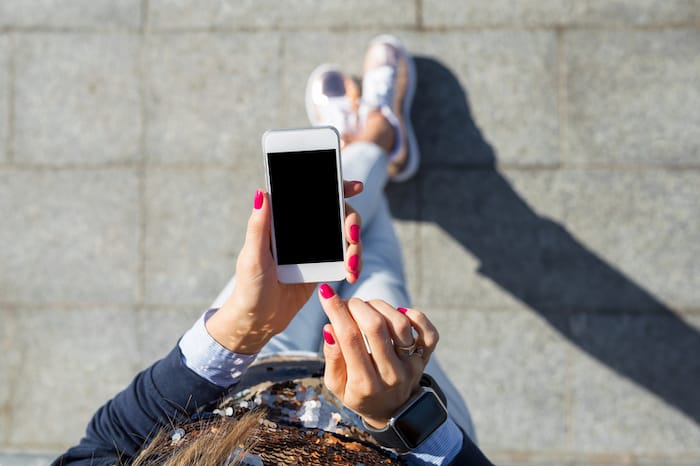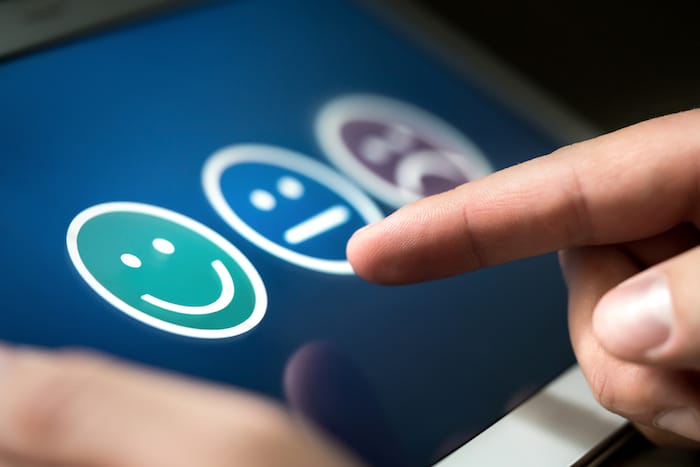- Calls to this hotline are currently being directed to Within Health, Fay or Eating Disorder Solutions
- Representatives are standing by 24/7 to help answer your questions
- All calls are confidential and HIPAA compliant
- There is no obligation or cost to call
- Eating Disorder Hope does not receive any commissions or fees dependent upon which provider you select
- Additional treatment providers are located on our directory or samhsa.gov
Online Eating Disorder Support Groups
Recovery from an eating disorder is a lifelong journey. Whether as a complement to therapy sessions with an eating disorder specialist or as an aftercare program following treatment at an eating disorders center, an online eating disorder support group is an important recovery tool.

[toc levels=1 title=”Article Contents”]
How Do Online Eating Disorder Support Groups Work?
All support groups work a bit differently, but most share a core set of principles.
Eating disorder support groups usually meet the following criteria:
- Anonymous: You don’t need to give your real name or address.
- Peer-based: Members are in recovery from eating disorders.
- Internally run: Most communities have unofficial leaders, but these groups aren’t run by therapists.
Some meetings begin with a moment of “sharing,” where members can discuss recent struggles. Others have a topic or guidebook the group discusses during the meeting.
Benefits of Virtual Food Addiction Support Groups
Eating disorder treatment is time-consuming, and you may feel like you don’t have room in your schedule for yet another form of treatment. But support groups can do things for you that other treatment forms cannot.
Meetings can help you do the following:
- Build and grow coping skills.
- Discuss problems and possible resolutions, downfalls, and successes in eating disorders recovery.
- Get strong, practical advice.
- Connect with a community of men and/or women in the same situation, recovering from anorexia, bulimia, binge eating, or another form of disordered eating.
- Make friends.

Support groups aren’t therapy sessions. Researchers say expert-led treatment is more effective than support groups in encouraging changed eating behaviors. [1] But support groups have a unique role for most people with eating disorders.
While you may understand your condition because of your treatment team, you may appreciate reassurance and advice from people who have endured similar problems. [2] When things aren’t going well, you’ll have an understanding audience ready to listen to you. Some concerns that lodge in your mind may seem too small to tell your treatment team, but your peers might understand.
The online format could also be beneficial for people with eating disorders. You aren’t required to show what you look like, and you can’t judge the weight of the peers you talk to. Researchers say these support groups reduce pressure and entice people to talk more. [2]
As you recover and grow stronger, you may also benefit from working as a mentor to others with eating disorders. Sharing your knowledge and offering real help can be an important part of your recovery.
Special Warnings About Online Anorexia Support Groups
Find an online eating disorder support group that suits you best and allows you to feel safe to share your thoughts, emotions, fears, and struggles. If you have anorexia, be careful about the group you join.
Some support groups aren’t designed to support your anorexia recovery. Instead, these communities are made to help you hone your starvation skills so your anorexia stays in place. These pro-anorexia (or pro-ana) groups often look just like valid eating disorder support groups on the surface.
Photo requests are clear warning signs. Groups like this often ask members to share snaps of their bodies, and others offer comments on how much people should lose. [3]
If a support group asks for your photograph or offers tips on how you can lose weight every day, this isn’t a helpful community. Even if people post comments encouraging thin people to gain weight, it rarely works. [4]

Related Reading
- Virtual Apps for Eating Disorder Treatment
- Screening for Eating Disorders
- Virtual CBT for Treatment of an Eating Disorder
How to Choose an Internet-Based Eating Disorder Support Group
Eating Disorder Hope has compiled a comprehensive list of information on internet-based online eating disorder support groups. You’ll see our list below. You’ll need to find the group that’s right for you, and it can take time.
Before you join, assess the following:
- Times: Can you fit the meetings into your schedule? Support groups aren’t helpful if you never show up.
- Audience: Is the support group you’re interested in made for your eating disorder? Tips for binge eating disorder treatment may not apply if you have anorexia. Ensure you have the right fit.
- Format: Do you agree with the way the meetings are run? If you’re not comfortable speaking openly, for example, you’ll be uncomfortable in meetings that require participation.
- Fees: Do you have to pay to join? Can you afford it?
You should feel comfortable in your support group, and you might need to experiment to find the right fit. [5] Don’t feel guilty about leaving a group that isn’t right for you. Your personal needs are the most important to your recovery.
After you attend a support group meeting, ask yourself these questions:
- Did I feel heard and supported?
- Did I learn something new?
- Do I trust the other people in the group?
- Did I like how the meeting moved forward?
- Am I looking forward to the next meeting?
Keep notes about each meeting you try, and update your thoughts regularly. With a little trial and error, you’re likely to find a community that’s just right for you.

References
- The Efficacy of Self-Help Group Treatment and Therapist-Led Group Treatment for Binge Eating Disorder. American Journal of Psychiatry. https://pubmed.ncbi.nlm.nih.gov/19884223/. November 2009. Accessed July 2022.
- Individuals with Eating Disorders and the Use of Online Support Groups as a Form of Social Support. https://cyberpsychology.eu/article/view/4228/3271. Accessed July 2022.
- I Spent a Week Undercover in a Pro-Ana WhatsApp Group. Vice. https://www.vice.com/en/article/vdx7ex/i-spent-a-week-in-a-pro-ana-whatsapp-group-talking-to-the-goddess-of-emaciation-876. July 2015. Accessed July 2022.
- Pro-Anorexia and Pro-Recovery Photo Sharing: A Tale of Two Warring Tribes. Journal of Medical Internet Research. https://www.ncbi.nlm.nih.gov/pmc/articles/PMC3510717/. November 2012. Accessed July 2022.
- Find Support Groups. Mental Health America. https://www.mhanational.org/find-support-groups. Accessed July 2022.
Last updated January 10, 2023 and reviewed by Jacquelyn Ekern, MS, LPC on January 5, 2023.

